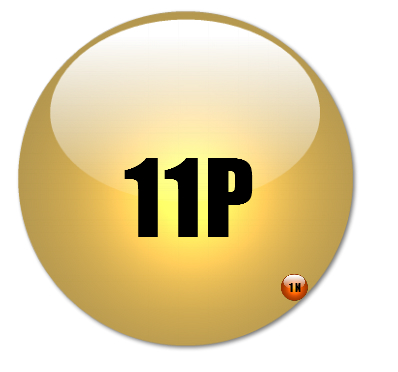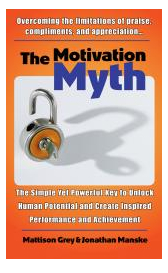
Quick! What's that outside your window?
Is that your future peeking in at you? Would you even recognize it? Is it just a wisp of a shadow of a dream? Or do you know what it looks like, already?
That last could be awesome or terrible.
Your future is yours to create. Do you have the energy? The focus? The care? The know-how?
Because if you leave it to chance, chances are it won't serve you. Read on...
Around the world, a species that was feared in danger of extinction just one year ago is reappearing: folks with gray hair and wrinkles who are now fully vaccinated. Sightings of this once rare breed have been made at stores, gyms, resorts, restaurants, and even hair salons. No longer forced to spend all their money on Instacart, they are once again venturing out their homes and the economy is returning to normal.
Soon, you may be vaccinated yourself. It'll then be your turn to start living life on your own terms.
Who will you be when you can be who you want to be?
Right now, you may be too exhausted, stressed, or burned out to think about your future. That's okay. If you can begin to take care of yourself even a bit, you can get back to normal soon. But don't force yourself to focus on the future if it drains you.
May I suggest that you start with the basics if you are worn out?
Begin with one deep delicious breath. Breathe in through your nose for a count of five and exhale for five-to-eight counts. Do this anytime, anywhere, when you need to relax and refocus. Watch calmly for improvements to your mind-state, because this type of breathing triggers censors in your body that tell your brain you are safe and can relax. This is tremendously healing. Return when you are ready. This blog post will still be here.
Next, take a moment to process any grief you're still carrying.
Whether loved ones lost, family not seen, jobs that ended, or even vacations interrupted. Each loss deserves at least a moment of acknowledgment. Heavy emotions are just information. Get the message and they will move on.
Now here's a crazy question: What did you gain from the pandemic?
Did you learn a new skill set? Make new friends online? Realize what really matters to you? Write down at least three valuable things you gained from the pandemic and why they matter to you now.
What happened that you never want to do again? How will you prepare yourself so you never go through that worst thing? Train for a new career? Move to a community of like-minded people? Stock up on toilet paper?
What did you swear you would change?
How can you keep that promise to yourself? Because promises unkept tend to weigh us down.
What habits served you during the lock-down that you want to keep?
Many of us will keep our 20-second handwashing habits! And what about those Zoom happy hours?
What habits served you during the lock-down that you can begin to let go?
Will you still wear a double mask when you become immune? Will you check Covid stats every morning?
Now, what would you do if there was nothing in your way?
What dream has been knocking at your window unanswered? How can you take a step toward it? Even a small one? Commit to taking that step. Then tell a supportive friend or loved one about it. Better yet, work with a coach. Then celebrate it. The first step is usually the biggest.
Keep taking steps to elevate the dawn of your new future.
I hope this was useful for you. If helping people is part of your dream. I invite you to try out our coach trainings.











 I'm always looking for new ideas that'll upgrade, broaden, or deepen my coaching, so it's more effective. You too? Then you'll love this post.
I'm always looking for new ideas that'll upgrade, broaden, or deepen my coaching, so it's more effective. You too? Then you'll love this post.


